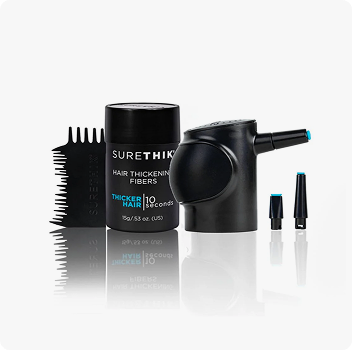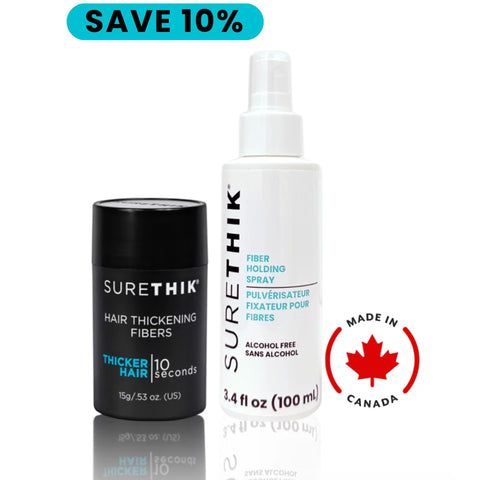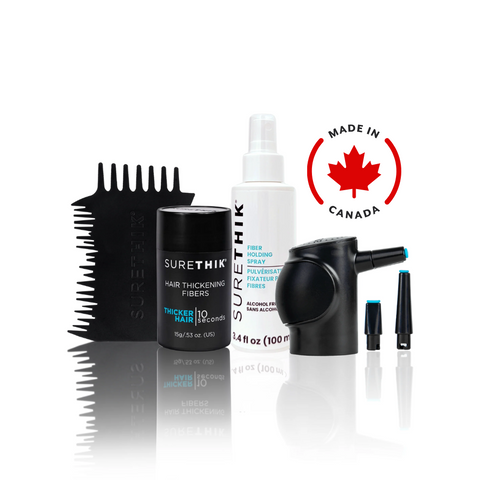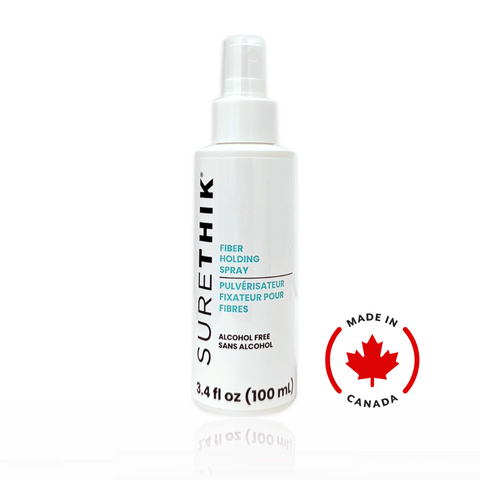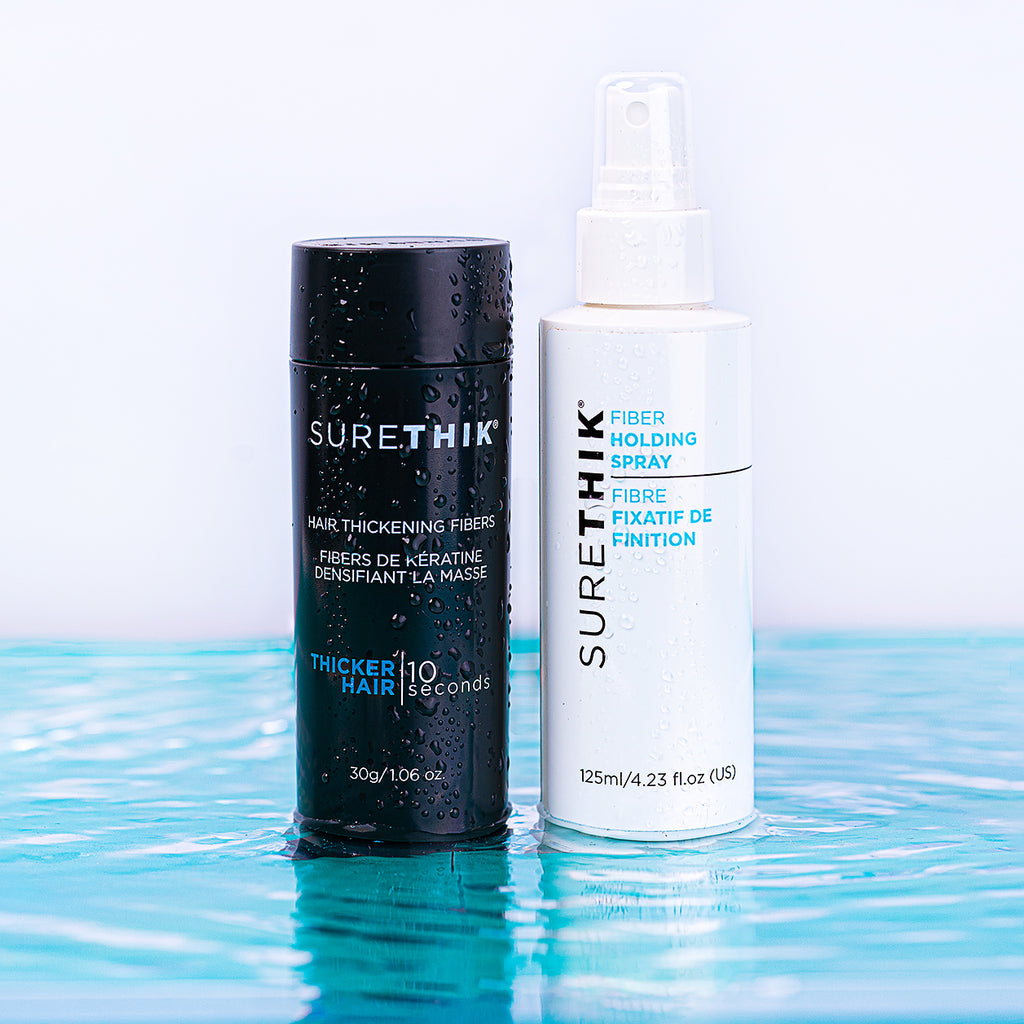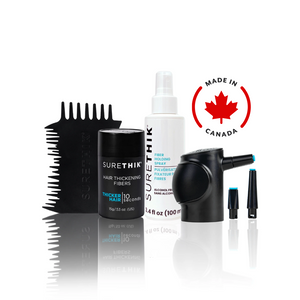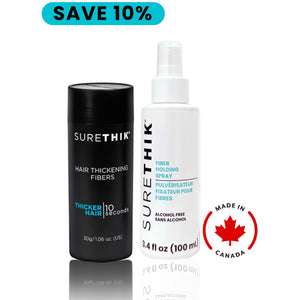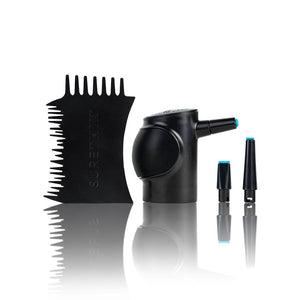
Hair Loss and Testosterone
As men get older, testosterone can become scarce. All of your body's processes can become less efficient as you age, resulting in wrinkling skin, decreased bone density, slower recovery from injuries, and a variety of other issues.
Lower hormone levels, particularly the male androgen testosterone, can also be caused by aging. While low testosterone may have a cultural stigma for men who take pleasure in their masculinity, it can also cause medical problems and even damage your body over time. One logical approach would be to supplement those missing hormones with testosterone injections or testosterone replacement treatment.
The ordinary person does not comprehend the relationship between testosterone and hair loss, and most men undoubtedly believe that elevated testosterone causes hair loss.
Continue reading to learn the truth regarding hair loss and testosterone, as well as the causes of hair loss in general.

Relations Between Testosterone Injection and Hair Loss:
Testosterone injections are hormone replacements for men and women who require hormones but do not produce enough on their own.
Testosterone has numerous advantages: it influences sexual function, mood, and strength, as well as bone density, insulin resistance, obesity, and heart disease in men as they age.
Because testosterone does not induce hair loss, testosterone levels are technically meaningless when it comes to hair loss.
This is one of the most frequent hair loss myths. Male pattern baldness is induced by Dihydrotestosterone, a consequence of testosterone (DHT). DHT is produced from testosterone by an enzyme known as 5-reductase.
If your 5-reductase levels are high, or if the enzyme is highly active, testosterone injections or testosterone replacement treatment may result in higher DHT levels, which may cause significant hair loss symptoms.
What are My Treatment Options?
Whether you're planning to begin testosterone replacement therapy or not, you may wish to treat or prevent hair loss, and there are various drugs that can help you do so.
Oral and topical drugs work well for androgenic alopecia, but two in particular stand out: finasteride and minoxidil.
Finasteride works by inhibiting the enzyme that converts testosterone to DHT. According to research, taking finasteride on a regular basis can reduce DHT levels by about 70%, which may be enough to delay, stop, or even reverse the hair loss you're experiencing.
SureThik's Hair Building Fibers are the solution to thinning hair. SureThik Hair Building Fibers, available in 8 colors and two sizes, will provide you with the confidence that comes with having a full head of hair. Say goodbye to fretting about your receding hairline and pondering whether or not you can afford surgery. SureThik is the answer for anyone who wants to know how to get (and keep!) thicker, fuller hair on a daily basis.
Keratin is mostly generated from ground-up sheep hooves, horns, and wool. Keratin hair strands adhere to hair and are resistant to water, wind, and sweat. Because keratin is derived from wool, keratin-derived fibers are nontoxic and blend in undetectably with your existing hair to create the illusion of thicker, fuller hair.


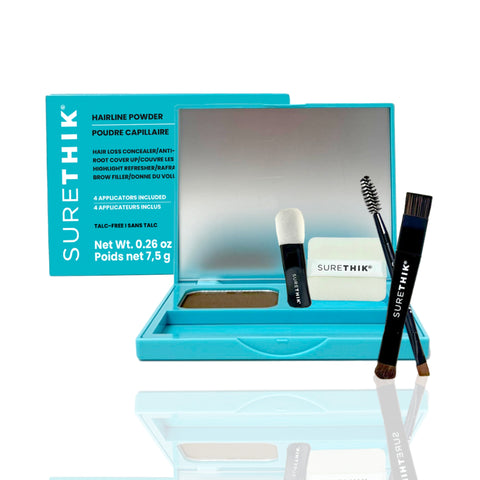
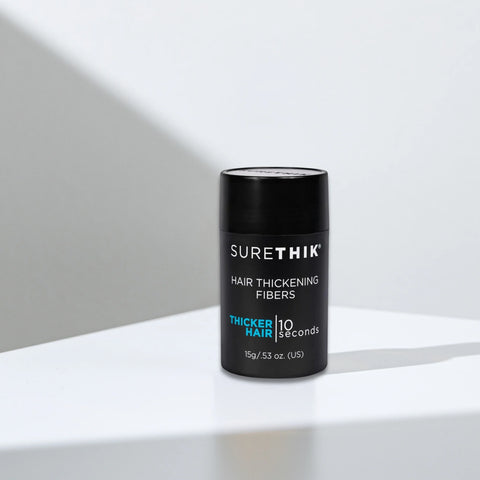
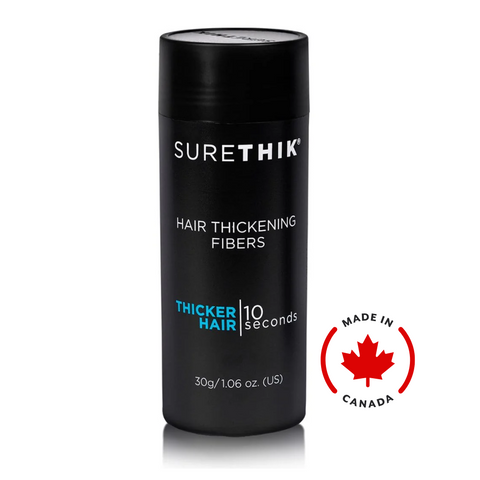


 United States
United States